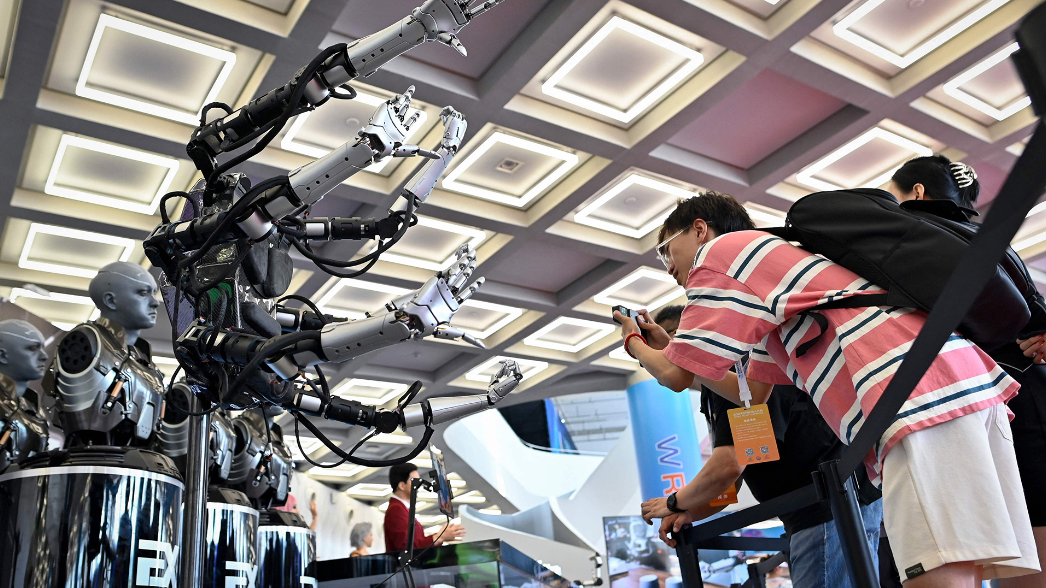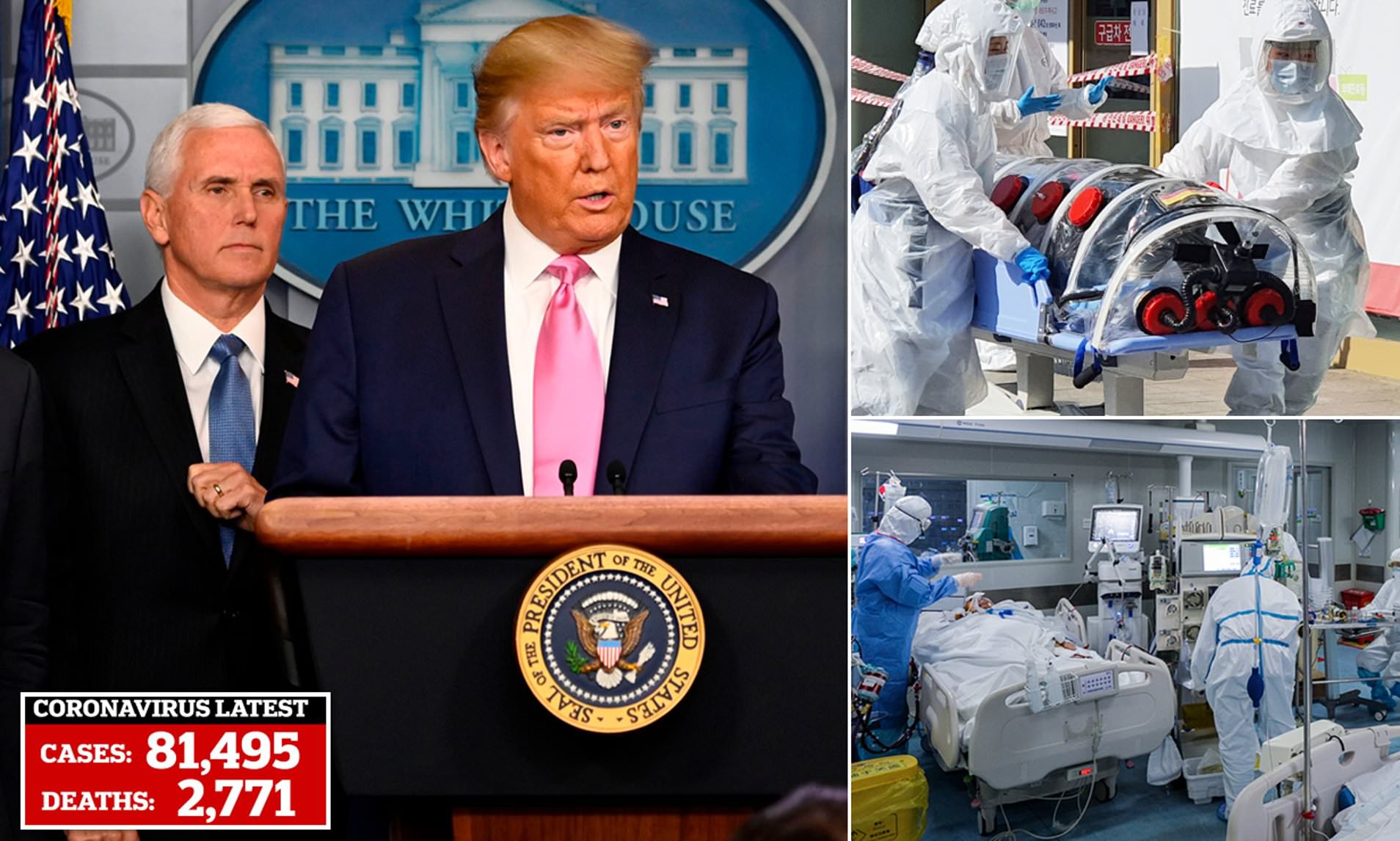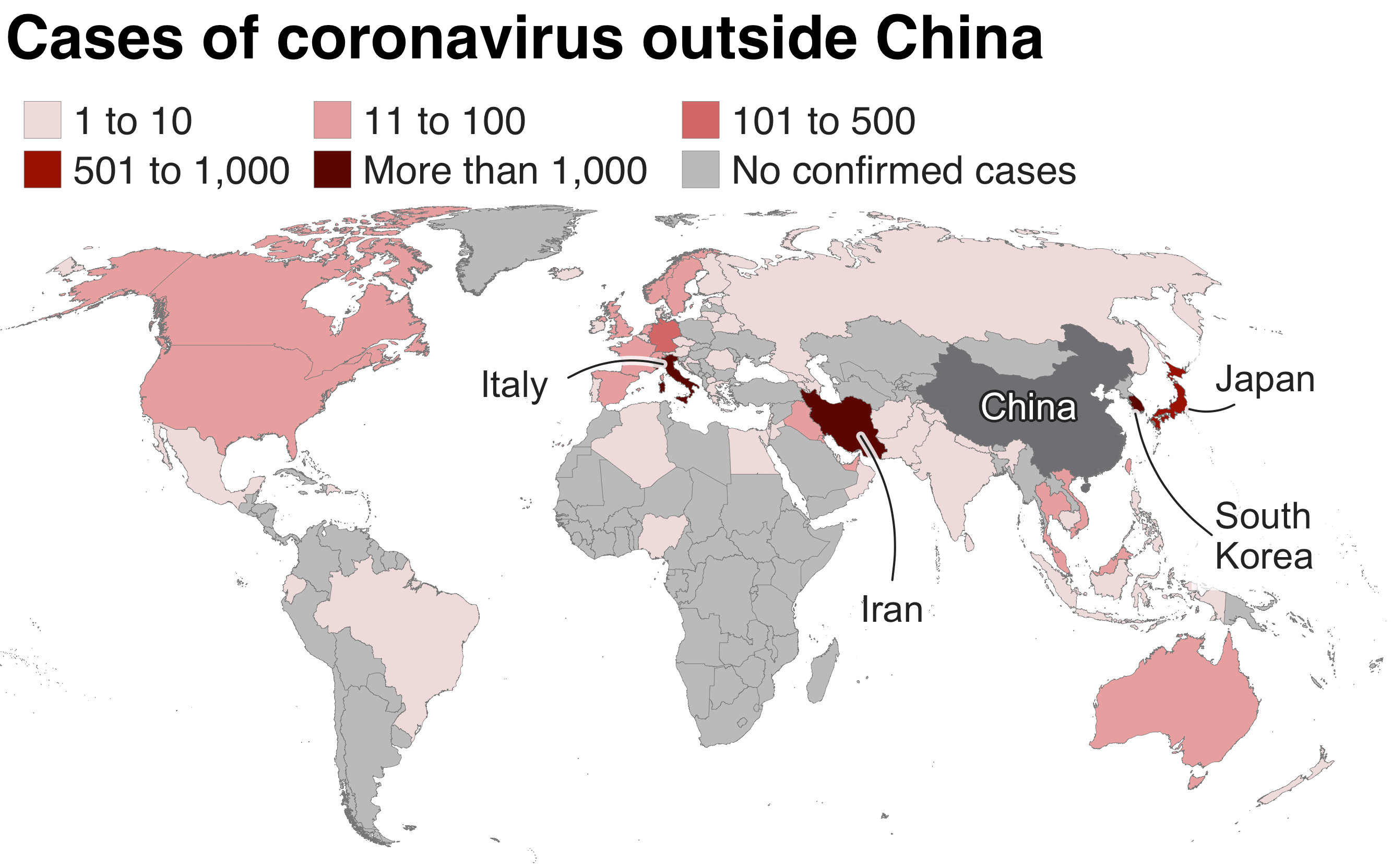Peng Nian, Director of Research Centre for Asian Studies, China
Sep 27, 2024
Cooperation on artificial intelligence has emerged as an area with high potential for China-U.S. relations. It would have a lasting impact. Therefore, both sides should take more effective measures to promote it and generate positive energy.
Doug Bandow, Senior Fellow, Cato Institute
Sep 13, 2024
The pursuit of absolute security by individual nations, especially major powers like the U.S., risks destabilizing global peace as competing demands for dominance in areas like technology and economics grow. Smaller nations, particularly in the Global South, often find themselves caught in the struggle, with multilateral cooperation and inclusive dialogue essential to reducing the tensions that this competition creates.

Yuan Sha, Associate Research Fellow, Department for American Studies, China Institute of International Studies
Aug 16, 2024
Given the high stakes, a coordinated effort to rein in artificial intelligence is crucial. Talks between the two powers must communicate mutual concerns, dispel misunderstandings and prevent this emerging technology from becoming a new source of tension.

Yin Haocheng, Graduate Student, Shanghai International Studies University
Jun 07, 2024
Biosafety-related bills in Congress will likely follow in the footsteps of semiconductor competition and become a new arena for U.S. competition against China. Regardless who wins the election in November, we can expect profound adverse implications for China’s industrial security.

Xiao Qian, Deputy Director, Center for International Security and Strategy at Tsinghua University
Zhu Rongsheng, Invited expert at Center for International Security and Strategy, Tsinghua University
Apr 26, 2024
Cooperation between China and the United States in Track II dialogues now can help to avoid potential risks in international security and avoid bumps in bilateral relations. Interactions can also contribute insights useful in the establishment of the international norms and institutions needed for global AI governance.
Brian Wong, Assistant Professor in Philosophy and Fellow at Centre on Contemporary China and the World, HKU and Rhodes Scholar
Feb 21, 2024
Sino-American AI cooperation is vital and feasible across most areas. And as a Special Administrative Region of China, Hong Kong is uniquely capable of serving as the forum and location for in-depth engagement between China and the U.S, including inter-governmental and government-to-citizen dialogues.
Xiao Bin, Deputy Secretary-general, Center for Shanghai Cooperation Organization Studies, Chinese Association of Social Sciences
Jul 12, 2023
Some ponder what the future of the organization will look like given internal divisions, a hollowing-out of cooperation and the isolation of some member countries by the West.
Han Liqun, Researcher, China Institutes of Contemporary International Relations
Mar 01, 2023
China’s Global Security Initiative embraces openness and innovation. Around the world, those who value peace and happiness should join hands to address both traditional and non-traditional security challenges and safeguard world peace together.

Christopher A. McNally, Professor of Political Economy, Chaminade University
Mar 03, 2020
US-China economic and technology relations are in an unexpected flux since the outbreak of the coronavirus.

Li Zheng, Assistant Research Processor, China Institutes of Contemporary International Relations
Mar 03, 2020
Cooperation is needed now more than ever. Political stereotypes should be abandoned, joint research should be fostered and critical supply chains should be protected.
Back to Top

- China-US Focus builds trust and understanding between the U.S. and China through open dialogue among thought leaders.
- Our Offerings
- Topics
- Videos
- Podcasts
- Columnists
- Research Reports
- Focus Digest
- Stay Connected
-
Thanks for signing up!
- Get the latest stories from China-US Focus weekly.